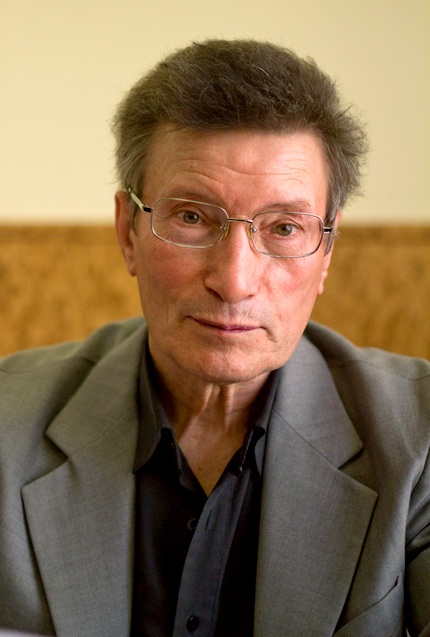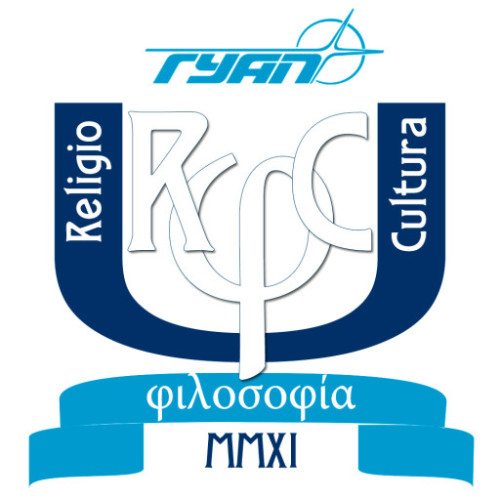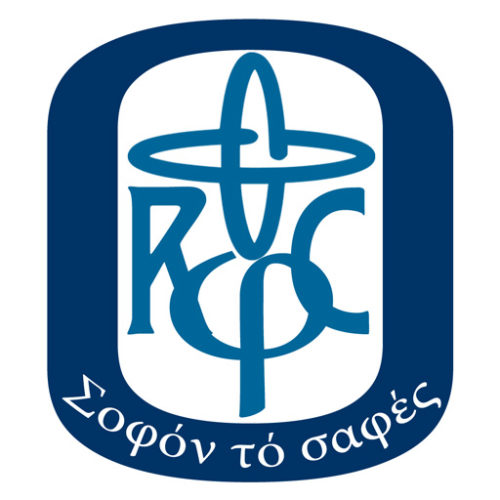About the Centre
Scientific and Educational Center for Problems of Philosophy, Religion and Culture to SUAI (Saint Petersburg State University of Aerospace Instrumentation) was opened in 2011 at the St. Petersburg State University of Aerospace Instrumentation (SUAI), Russia, on initiative of Honored Scientist of Russian Federation, full member of the International Academy of Higher Education and the Humanitarian Academy of Russian Federation Doctor of Philosophy Valery Nikolaevich Mikhailovsky.

Aims and objectives:
- The study of logical and ontological interconditionality of the conceptual framework of theological, philosophical and scientific knowledge.
- The study of ethical implications of theological, philosophical and scientific forms of knowledge in their interrelation and interdetermination.
- The research of cultural / linguistic context of the development of theological, philosophical and scientific forms of knowledge and models of their feedback on cultural and linguistic practices in the regional and civilization-wide context.
- The study of the role of the Eastern Orthodox and Western Orthodox Christian Theology in the succession of philosophical and culture-historical traditions from Antiquity to Modern Age.
- Uniting of scientific research of the trends stated.
- Coverage of the activities of the Scientific-Educational Centre of Problems of the Interrelationships Between Religion, Philosophy And Culture affiliated to SUAI.
Topical areas of the periodical:
- Conceptual framework of philosophy and theology: identity and difference.
- The problem of scientific positivism and materialism in philosophy and theology: rational/logical analysis of the project of formation and development of modern scientific knowledge.
- Positivistic and materialistic criticism of philosophy and theology: argumentative strategies and their logical-philosophical analysis.
- Ethical and political discourses in philosophy, theology and science: knowledge, ideology and moral principles.
- Cultural/linguistic artifacts of theological, philosophical and scientific knowledge.
- The formation of modern European science in the context of philosophical and theological knowledge: disciplinary division, conceptual framework and filiation of concepts.
- German classical philosophy as a universal project of onto-theological knowledge: its origins and influence on the modern forms of philosophy, theology and science.
- The problems of patristics: culture-historical contexts of formation at the intersection of antique philosophy and science, as well as western and eastern forms of religious practices.
- The problem of rational theology in the western medieval Scholasticism.
- The problem of natural religion and natural right in philosophy and theology.
- Philosophical, scientific and moral/legal aspects of the modern western and eastern traditions of theological thought.


